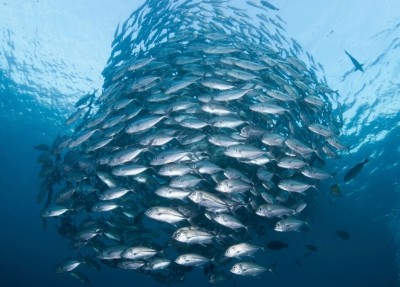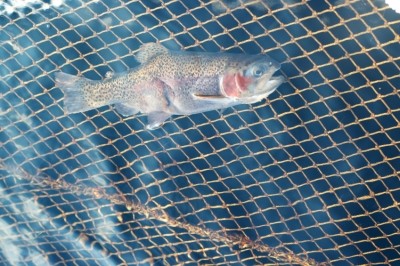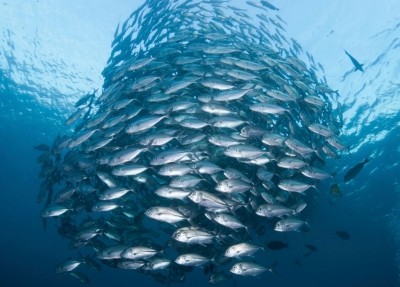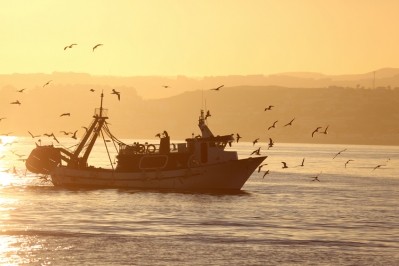Spotlight on sustainability science in marine industry-academia partnership
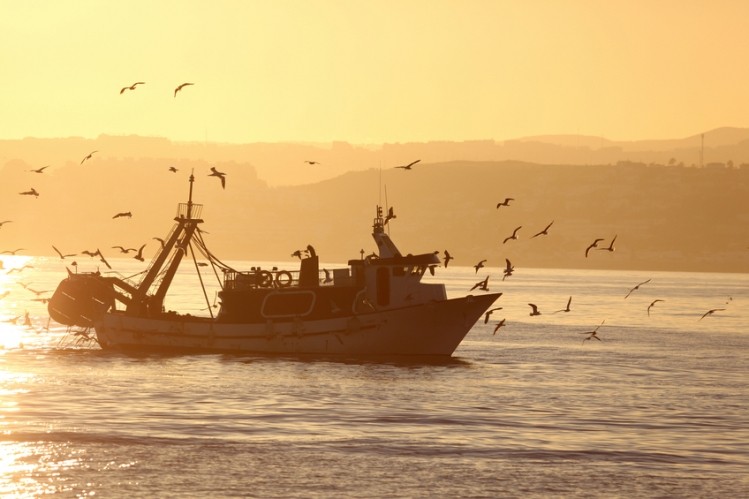
Swedish researchers, along with some of the world’s biggest fishing companies, have banded together in a collaboration that also looks to address other issues in the seafood supply chain including modern slavery and destructive impacts on habitats and non-target species.
The initiative, called the Seafood Business for Ocean Stewardship (SeaBOS), emphasises a science-business initiative for ocean stewardship resulting in a more prominent role for scientists, linking their knowledge to dictate future business ethos and practices.
The hope is, according to Dr Henrik Österblom, lead study author, that "private corporations, which are critically dependent on a healthy ocean for their long-term prosperity, take on a leading role in ocean stewardship”, benefiting the business and environment.
SeaBOS brings together companies from Europe, US and Asia that include the two largest companies by revenues (Maruha Nichiro Corporation and Nippon Suisan Kaisha, Ltd) and two of the world’s largest tuna companies (Thai Union Group PCL and Dongwon Industries),
Cargill and Nutreco on board
They are joined by two of the largest salmon farmers (Marine Harvest ASA and Cermaq, a subsidiary of Mitsubishi Corporation), the two largest aquafeeds companies (Skretting, a subsidiary of Nutreco, and Cargill Aqua Nutrition), as well as the Japanese tuna purse seine company Kyokuyo and the agro-industrial conglomerate Charoen Pokphand Foods.
Along with researchers from the Stockholm Resilience Centre (SRC), the collaboration has produced details of a co-production process that is featured in the Proceedings of the National Academy of Sciences of the United States of America.
Using a number of disciplinary research approaches, the analysis uses publicly available data about companies’ membership in international seafood sustainability initiatives.
The research team then cross-checked them through a collaborative exercise with all participating companies for consistency and missing data.
In addition, networks were constructed and analysed using statistical computing techniques to draw these insights linking wild-capture fisheries with aquaculture and geographical space.
“The strength of our study is to report in detail on such an interaction while putting it into the broader context of sustainability science," says Jean-Baptiste Jouffray, PhD student at SRC.
"Sustainability science is a use-inspired approach, where scientists can both be embedded in, and learn from change processes," added Dr Carl Folke, co-author of the study and the scientific director at the SRC.
“Our ambition has been to be impartial knowledge brokers in this process and facilitate a new direction for ocean stewardship."
Transnational tidal wave
The influence of large transnational corporations is such that 13 multinationals have been identified as controlling 11-16% of wild marine catch and up to 40% of the largest and most valuable fish stocks.
“They also occupy a dominant position in important segments of aquaculture (e.g., salmon and shrimp)," the study highlighted.
“They are vertically integrated with some operating across entire supply chains from production through to retail, dominate all segments of seafood production and are connected globally through an extensive network of subsidiaries."
The PNAS study also describes the motivations behind the SeaBOS companies’ commitment to action, culminating in a joint statement presented at the UN Ocean conference in New York back in June.
Along with a pledge to “eliminate IUU products and any form of modern slavery in our supply chains” the collaboration also sought to “work towards full traceability and transparency throughout our supply chains".
This pledge was accompanied by a plea in which they urged governments to “end overfishing and rebuild depleted stocks. This means respecting scientific advice on quotas and sharing best practices in regulations."
“We urge all governments to work together to improve regulations in international waters. We call on all governments to develop a regulatory international treaty, which bans all landing of IUU fish, for UN members to ratify."
Source: Proceedings of the National Academy of Sciences of the United States of America
Published online ahead of print: doi: 10.1073/pnas.1704453114
“Emergence of a global science–business initiative for ocean stewardship.”
Authors: Henrik Österblom et al.
